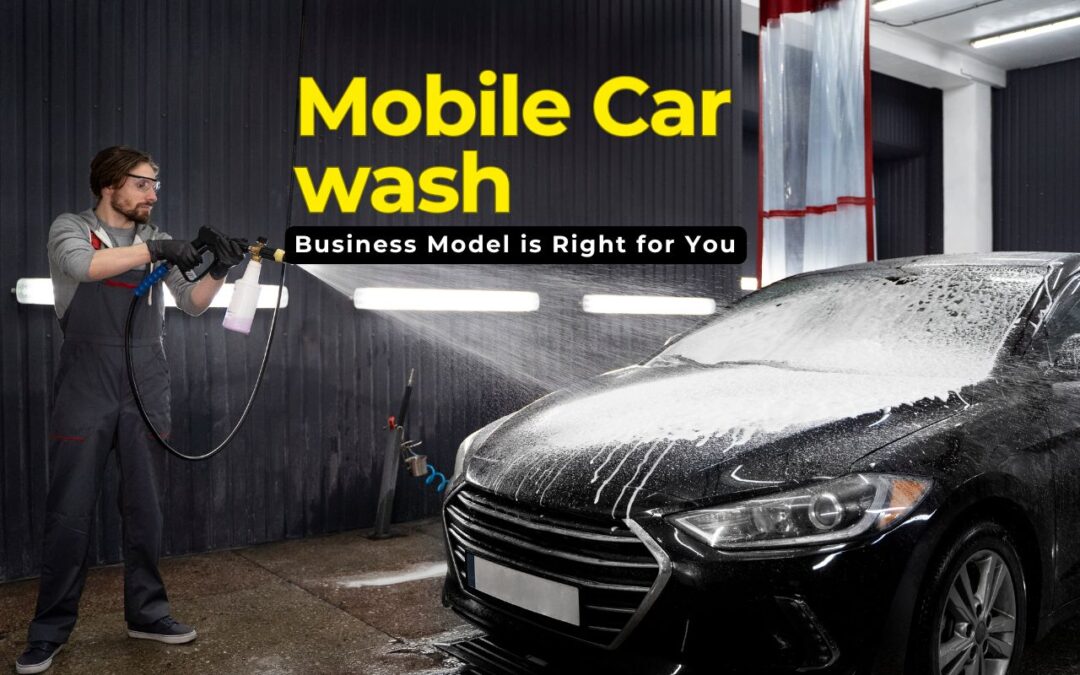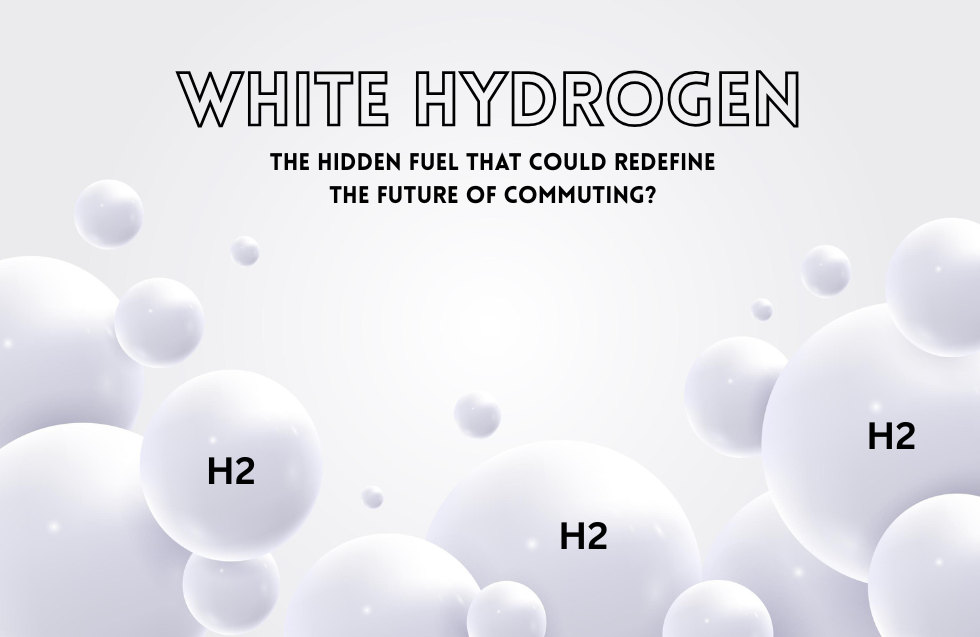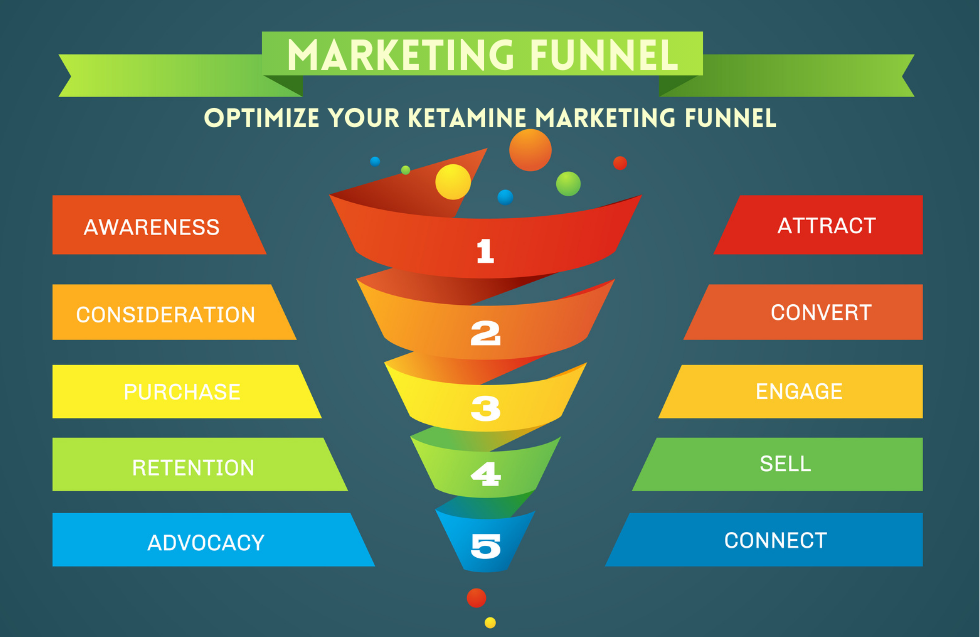Starting a car wash business can be a highly profitable venture when done right. However, one of the most crucial decisions you’ll need to make is choosing between a mobile car wash and a fixed location. Both models offer unique advantages and challenges. The choice depends on various factors, including your budget, target market, business goals, and personal preferences.
This comprehensive guide explores the pros and cons of both business models to help you decide which is better suited for your entrepreneurial journey.
Understanding the Two Business Models
Before we delve into comparisons, it’s essential to understand what these two models entail.
What Is a Mobile Car Wash?
A mobile car wash is a business that travels to the customer’s location—whether it’s their home, workplace, or another convenient spot. Services typically include exterior washing, interior cleaning, detailing, and sometimes more advanced care options. Mobile car wash operators often use vans, trucks, or trailers equipped with water tanks, pressure washers, vacuums, and eco-friendly cleaning supplies.
What Is a Fixed Location Car Wash?
A fixed location car wash operates out of a permanent facility. Customers bring their vehicles to the site to receive services. These locations range from automatic and self-service car washes to full-service operations with detailing and additional offerings. This model typically requires more upfront investment and permits, as it involves real estate and infrastructure.
Advantages of a Mobile Car Wash Business
1. Lower Startup and Operating Costs
Starting a mobile car wash business usually requires a smaller investment. Since there’s no need to lease or purchase property, the costs associated with rent, utilities, and construction are eliminated. Mobile setups can begin with modest capital, making it a favorable option for new entrepreneurs.
2. Flexibility and Mobility
One of the greatest strengths of a mobile car wash is its flexibility. You can operate in different neighborhoods, attend local events, or partner with businesses for corporate services. This mobility allows you to test different markets without being locked into one location.
3. Convenience for Customers
Modern customers value convenience more than ever. Mobile services cater directly to this preference, offering car care without the need for clients to leave their home or office. This customer-centric model can foster strong loyalty and repeat business.
4. Scalability
A mobile car wash can be scaled efficiently. As demand grows, you can add more vehicles and employees, expand to different service areas, or even offer subscription plans for regular clients.
5. Eco-Friendly Possibilities
Mobile car washes often use water-efficient techniques and biodegradable products, which can reduce environmental impact. If sustainability is part of your brand identity, this can be a selling point that resonates with eco-conscious customers.
Challenges of a Mobile Car Wash Business
1. Weather Dependency
Bad weather can significantly impact your bookings. Rain, snow, or extreme heat may deter customers and make it difficult to operate. Unlike a fixed location, you won’t have the option of an enclosed environment to continue operations.
2. Transportation and Maintenance Costs
Although overhead is lower than a fixed location, maintaining your mobile unit can become costly over time. Gas, vehicle maintenance, and wear-and-tear expenses need to be factored into your budget.
3. Zoning and Legal Restrictions
Operating in different neighborhoods might expose you to varying zoning laws and regulations. Some cities require permits or have restrictions on where mobile services can operate. Navigating this legal landscape can be time-consuming.
4. Limited Volume
A mobile setup typically serves fewer vehicles per day compared to a fixed location. Each appointment requires travel time, and logistics can limit how many customers you can serve in one day.
Advantages of a Fixed Location Car Wash
1. Higher Volume Potential
With the ability to serve multiple vehicles simultaneously—especially if automated systems are involved—a fixed location can generate higher daily revenues. The ability to handle more customers at once can also lead to increased profitability over time.
2. Consistent Traffic
Strategically placed car washes in high-traffic areas often enjoy a steady stream of walk-in customers. Brand visibility and word-of-mouth play a huge role in generating recurring business.
3. Expanded Service Capabilities
Fixed locations typically allow for more complex services that may not be feasible in a mobile setup. Whether it’s paint correction, engine cleaning, or undercarriage washing, these services can increase revenue and set your business apart.
4. Weather Protection
Having an enclosed or semi-enclosed facility offers protection from the elements. This means you can continue operations regardless of weather conditions, ensuring more consistent revenue.
5. Stronger Brand Presence
A physical location creates a permanent brand footprint. This builds credibility with customers and can be easier to market and advertise. A well-designed and maintained facility also instills trust in your service quality.
Challenges of a Fixed Location Car Wash
1. High Startup Costs
Setting up a fixed location requires a substantial investment. From purchasing or leasing land to installing water systems and equipment, the initial costs can be prohibitive for many small business owners.
2. Licensing and Compliance
You’ll need to navigate through local building codes, environmental regulations, waste disposal systems, and utility setups. These can add time, cost, and complexity to the launch process.
3. Inflexibility
Unlike a mobile business, you’re bound to one location. If traffic patterns change or if new competitors emerge nearby, your revenue may take a hit, and moving isn’t a simple process.
4. Operational Expenses
Ongoing expenses such as utilities, maintenance, employee wages, and rent can eat into your profits. Even during slow seasons, these costs remain fixed, placing pressure on cash flow.
Factors to Consider Before Choosing a Model
1. Your Budget
If your startup capital is limited, a mobile car wash allows you to enter the market with minimal investment. On the other hand, if you have the resources, a fixed location may offer higher returns in the long run.
2. Market Demand
Research your target market. Urban areas with limited parking may favor mobile services, while suburban locations near shopping centers might be more receptive to a permanent facility.
3. Lifestyle and Business Goals
Do you want flexibility and the freedom to operate on your terms? Or do you prefer a steady routine and consistent foot traffic? Your personal preferences will play a big role in choosing the model that aligns with your vision.
4. Local Competition
Assess existing competition. Are mobile services oversaturated in your area? Is there a need for a modern, eco-friendly fixed car wash? Identifying gaps in the market can help you carve out a niche.
5. Long-Term Scalability
Think about how you want to grow. Mobile businesses scale by adding more units, while fixed locations can expand services, hours, or even open additional branches. Choose the model that best aligns with your growth plans.
Combining Both Models: A Hybrid Approach
Some entrepreneurs choose to blend both models. For example, you might start as a mobile car wash and transition into a fixed location once you’ve built a customer base. Alternatively, you could maintain a physical site and offer premium mobile services for VIP clients. This hybrid strategy provides flexibility while maximizing revenue streams.
Final Thoughts
Choosing between a mobile car wash and a fixed location isn’t a one-size-fits-all decision. Each business model comes with its own rewards and risks. The mobile car wash appeals to entrepreneurs seeking low overhead, flexibility, and direct-to-customer engagement. In contrast, a fixed location provides higher customer throughput, brand credibility, and potential for advanced services.
Your decision should be rooted in solid market research, a clear understanding of your goals, and an honest evaluation of your capabilities. Whichever path you choose, consistency, quality service, and a customer-first mindset will be key to long-term success.













